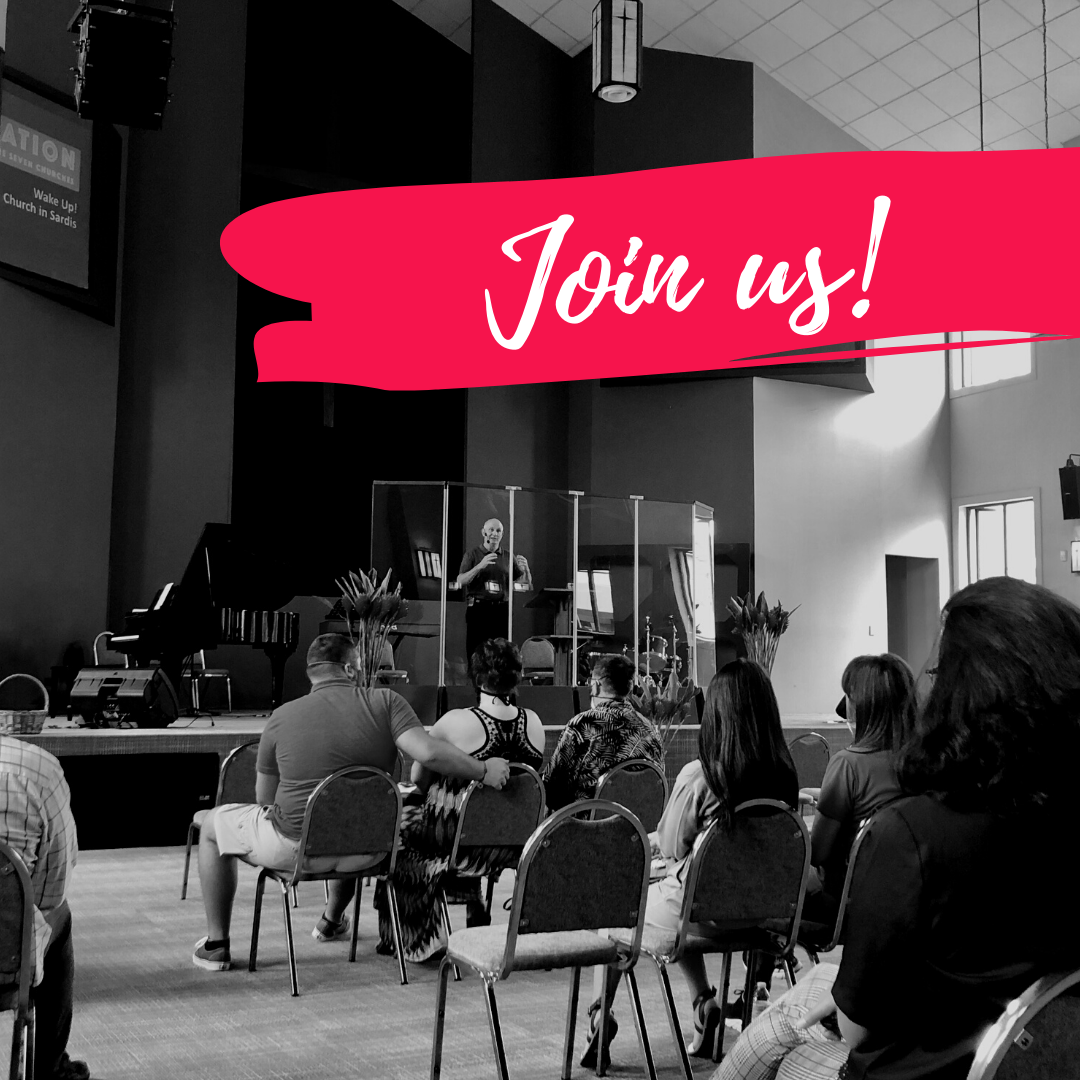Getting Used to Disappointment

In the classic and quotable movie The Princess Bride, the hero of the story Wesley says, “Get used to disappointment.” When the pandemic reached Costa Rica the second week of March a year ago, and as one thing after another was canceled, the line from that movie continued to reverberate in my mind over and over again.
“Get used to disappointment.” Our in–person services were canceled, and we started to do our services online. All our activities and small groups that met at the church or at a home were canceled or shifted to online. Restaurants, movie theaters, concerts, and athletic events were all canceled. To say the least, it was a very disappointing time.
It has been just over a year now, and by God’s grace, things in Costa Rica have slowly started to open up again. By God’s grace, we have been able to minister during this time, and we have learned a few things.
International Baptist Church, San Jose, Costa Rica, was able to make many adjustments and adaptions, and we were able to continue to be the church in the midst of this pandemic. Here are some of the highlights of what we were able to do during the pandemic.
- Online worship service — We were able to develop a creative online service that engaged many of our people. We are blessed with a very organized worship leader and a videographer in our church. Various leaders collaborated to put together a nice service that included songs from different people from their homes. We had many other elements in the service as well, and we broadcasted the service every Sunday morning at 10:00 on our website and Facebook. We tried to make this broadcast interactive, and we did have a solid number of people attend either the live broadcast or view the recorded broadcast.
- Online groups — We were able to move all of our groups online. We made sure that all of our groups from children to adults were able to continue online. This meant some training and purchasing more Zoom accounts, but within about three weeks after the shut down we had all of our classes meeting online.
- Food distribution — The economic impact of the shut down which included border restrictions was tremendous, especially on the poor. We went from an 8–10% unemployment rate before the pandemic to an unemployment rate of almost 25%. In response to this we began a food distribution program. First, it was every two weeks, and then we moved it to once a month. People in need could line up outside of the church, and we then offered them a bag of basic food items. We had many people donate to this, and we had a wonderful team of volunteers who distributed the food. We also shared the gospel to those waiting in line and had several professions of faith recorded. We have distributed almost 2,500 bags of food during the pandemic.
- Contacts — One of our great challenges was trying to stay in touch with everyone, especially since we were not meeting physically. We were able to assign our members and attenders to some of our key leaders to contact during the shut down, and this went very well.
- Giving — We had already set up ways for people to give locally through our banks and in the U.S. through IBCM before the pandemic hit. This was a really helpful tool for us during the six months we were unable to meet in person. Our giving and finances remained solid, and we were able to continue to meet all of our needs. We even did some much–needed internal renovations and updated a lot of our technology while our building was closed.
In October we were able to return to in-person services following strict protocols. Even trying to make sure what the protocols were and how to follow them was a challenge. However, in the end, we were able to put together a plan that we felt was workable, and we returned to in–person services. We continued to broadcast our services which was something we were doing before the pandemic.
Before the pandemic we averaged approximately 500 people in two services and had children’s and adult classes going on at the same time. When we returned, we only offered one service, and we had no classes available for children. We also were dealing with weekend driving restrictions that impacted us. For our first three months we offered just one service with around 100 people. This schedule continued in the months of January and February of this year. We slowly began to see more people returning as the country opened up and as COVID cases went down. The government said churches could only function at half capacity. This meant 160 people in our auditorium with a place for overflow. Fortunately, the last Sunday we had one service, we were nearly at capacity. In March we moved to two services with some classes and some childcare, and we are seeing more and more people return. We are now trying to become a hybrid church. Most of our groups still meet online though a few do in–person and online meetings. We feel this will continue for the foreseeable future.
What we have learned?
In all honesty, I do not know that we have completely processed all of our learnings. Without a doubt, we have seen the faithfulness of God over the last year. We have learned we can do the main tasks of the church without meeting in–person. Yet, we also have learned how critically important getting together in person can be. We do know that for the foreseeable future we will have to be a hybrid church, allowing people to choose whether to meet in person or to just join an activity through the internet. And we have learned that it is possible to make disciples and to reach people doing everything online. We have seen a number of new people join us as we have returned, who only discovered us online during this pandemic. This has been exciting.
This pandemic has taken a toll on everyone. Some of our families, including missionaries, have decided it was time to return home because of the pandemic. At the same time, we seem to be slowly seeing a new wave of expats entering the country as a result of the pandemic. What we will continue to be is an English–speaking church trying to reach and disciple our target audience. We have been reminded in a very powerful way that Jesus said, “I will build my church and the gates of hell will not prevail against it” (Matthew 16:18).
Paul Dreessen

